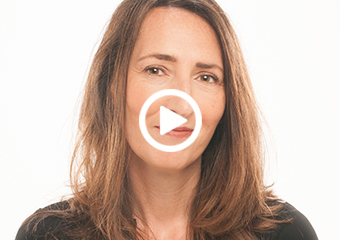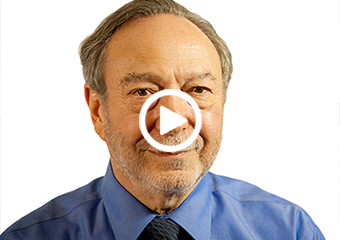Trauma can change the brain . . . . . . but the person who experienced the trauma may not be the only one whose brain changes. In the video below, Ruth Lanius, MD, PhD describes what we’re discovering about the connections between a parent’s trauma and their child’s developing brain. Take a look – […]
What Is Post-Traumatic Growth?
Trauma changes people. And for someone who just wants life to return to “the way it was,” this can be difficult to accept. But in some cases, people have not only been able to bounce back following trauma, they’ve also been able to experience growth. In the video below, researcher and author Sonja Lyubomirsky, PhD […]
How to Help Clients Process Their Fears about World Events
When you look at the news, there’s pain and violence on every broadcast. But is this something we should help our clients process? Patrick Dougherty would say yes. And he has some clear, helpful guidelines for how to bring up difficult and divisive political and social issues in therapy. It’s one way we can help […]
Could Yoga Hold the Key to Healing a Patient’s Trauma?
Approximately 10 million women in America have been physically assaulted at some time in their life. Yes, that’s a sobering statistic. But the far-reaching effects of violence against women are even darker. Over a third of these survivors experience Post-Traumatic Stress Disorder with increased rates of depression, obesity and heart disease. So how do we […]
Polyvagal Theory in Action – How Heart Rate Figures Into Trauma Treatments
How can the body become a resource for a patient who’s experienced trauma? Polyvagal Theory helps us answer this question by explaining how people process their environment and how the body regulates itself in the face of stress and trauma. Watch the video below as Stephen Porges, PhD shares one way to apply Polyvagal Theory […]




